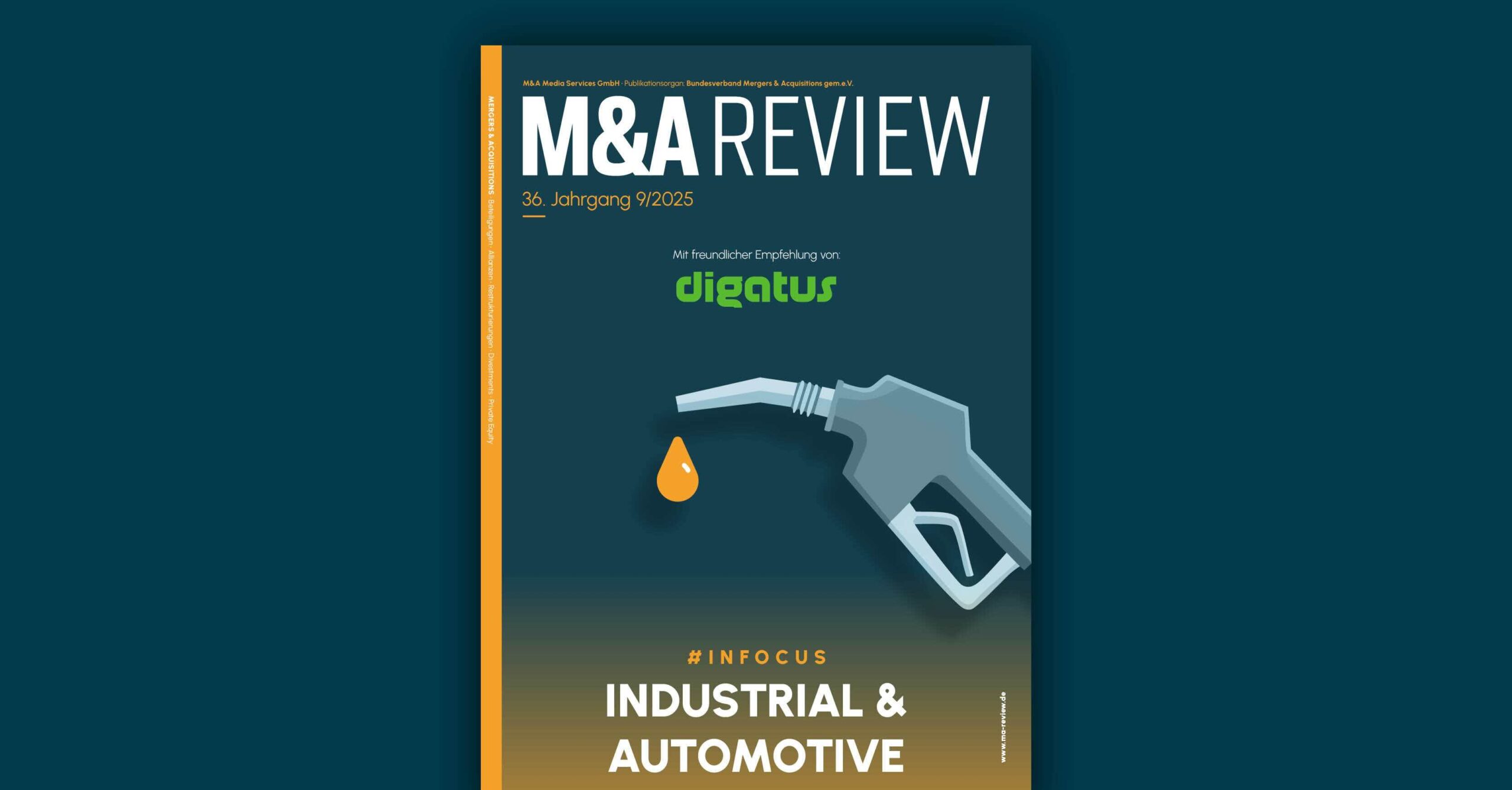Client: HAWE Hydraulik SE
In March 2019, HAWE Hydraulik SE signed the contract for the acquisition of HOERBIGER Automatisierungstechnik Holding GmbH, the automation division of HOERBIGER Deutschland Holding GmbH. The purchase included several legally independent companies at three locations in Germany and China with a total of 320 employees. The units now integrated into HAWE Hydraulik SE expand and complement HAWE’s existing product and solution portfolio.
Initial Situation and Challenges
In preparation for the planned signing (signature of the purchase agreement) at the end of March 2019, it was necessary from January to formulate and negotiate a TSA (Transitional Service Agreement = temporary service contract between the divesting unit and the sold company / company part, which is concluded for a certain transition period) between the parties. Since, in addition to the IT department, other departments such as HR, Finance, etc. could not immediately provide services for the newly acquired employees and processes, these business areas also required TSA services, the nature, scope, and duration of which had to be determined.
“An acquisition of this size and the associated procedural and technical complexity in integration was a major challenge for our IT department. Having digatus as an experienced and committed advisor at our side already during the contract negotiations and during the subsequent implementation was a great asset for the project and enabled a smooth and successful integration process.”
Peter Melichar – Head of IT HAWE Hydraulik SE
Solution
To determine the integration capabilities of HAWE’s departments, comprehensive workshops were initially conducted with the heads of the respective departments, involving subject matter experts from digatus. The aim was to identify which services could already be provided independently by HAWE for the new units from Day 1, and which services should continue to be provided by Hörbiger for a transition period and regulated in the TSA.
From a business perspective, the integration of the SAP system and the associated incorporation of relevant master data, processes, and interfaces for the acquired units was most important. Therefore, the SAP go-live date was set for the end of the year, allowing for accounting activities to be completed and providing sufficient time for system changes over the holidays.
In addition to the technical implementation of IT integration, it is also – or especially – elementally important in a PMI project to recognize and involve the new employees and colleagues behind the acquired business units. Particularly since there was no relocation to HAWE premises, but employees remained at the previous Hörbiger locations, HAWE IT represented an immediate point of contact with the new company: The new employees were migrated to the existing HAWE IT platform and received new devices that met HAWE hardware standards, or a new image on their old devices during the client rollout.
Great emphasis was placed on regular, clear communication. A large HAWE IT team was on-site for the rollout dates at the locations to establish personal contact with the new colleagues and familiarize them with the new systems.
Customer Benefits
The clearly formulated TSA and monthly reviews for billing IT services enabled a regulated integration into the existing landscape without interruptions to business operations at transparent costs. Since digatus took over project planning, management of internal project members, as well as project members from the transferring side, and reporting during PMI implementation, HAWE IT was able to fully concentrate on the technical implementation while maintaining ongoing operations as usual.

Stephan Bals
He studied Business Administration with a focus on Management at the Beuth University of Applied Sciences Berlin. After completing his studies as a graduate in Business Administration, he began his career at Siemens AG in Munich.
Early in his career, he gained experience in various executive positions. Among other roles, he was responsible as managing director for medium-sized IT consulting and service companies, most recently Xiopia GmbH, as well as serving on the board of Allgeier IT Solutions AG. With the founding of digatus it group, he continued his career as a founder and entrepreneur. In early 2015, together with Felix Kirschner, he founded digatus it group AG with the goal of "building" a market-relevant IT service provider in Germany. His main focus within the digatus Group is in the areas of sales, growth management, and M&A. At the interfaces between business and IT, he is a sought-after mediator, sparring partner, and idea generator.
In addition to his role as CEO of digatus it group AG, he is involved entrepreneurially as a co-founder and investor, volunteers in various non-profit initiatives and associations, and serves as an advisory board member, senior advisor, and supervisory board member.




